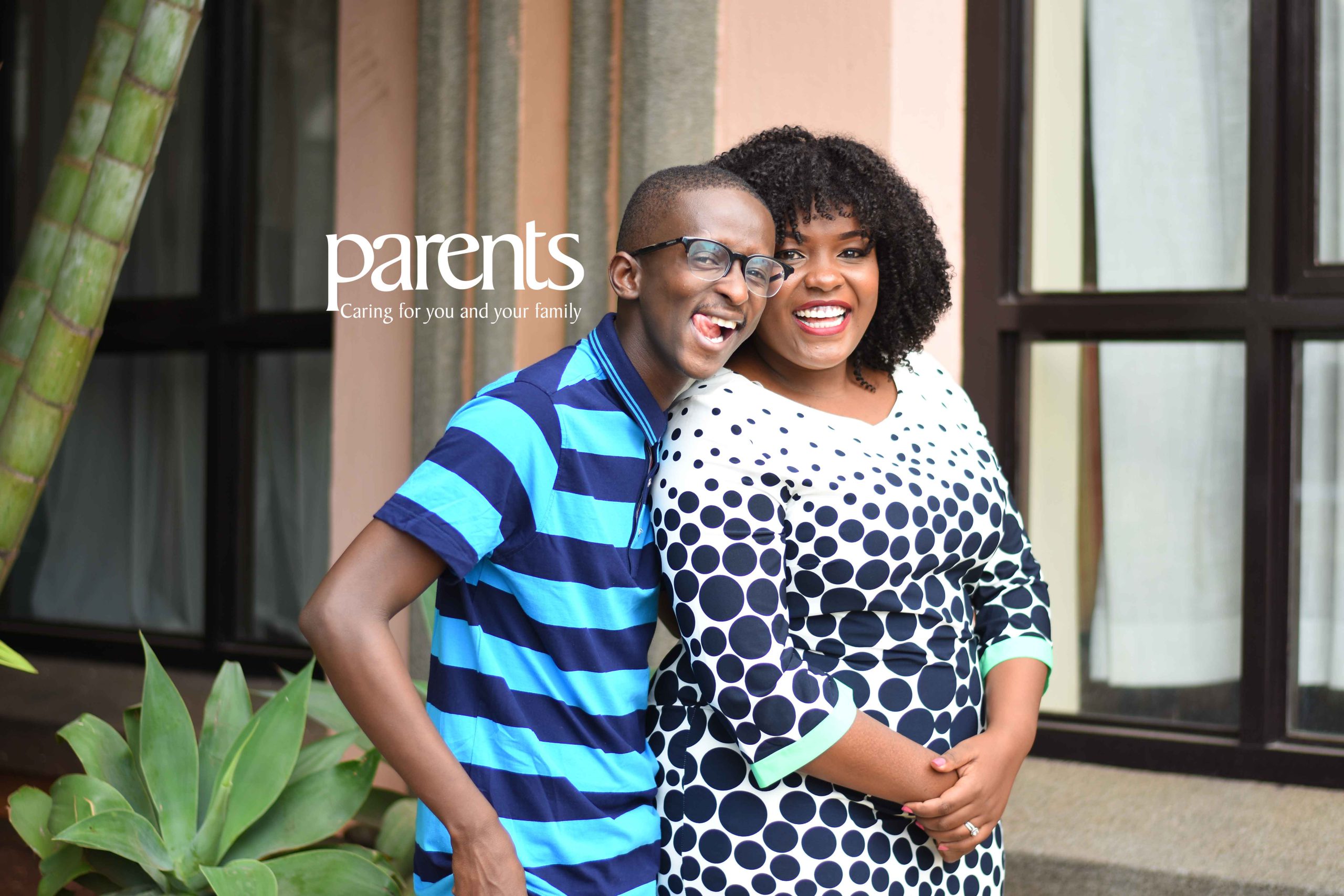Embracing Strengths and Shattering Stereotypes of ADHD

Attention Deficit Hyperactivity Disorder (ADHD) is a neurodevelopmental condition that affects millions of people worldwide. It is characterised by symptoms such as inattention, hyperactivity, and impulsivity.
Despite being widely recognised, ADHD often carries misconceptions and is frequently misunderstood, with many mistakenly attributing it to laziness or lack of discipline.
However, for those diagnosed with the condition, ADHD presents both challenges and unique advantages that can shape their lives in profound ways.
In this feature, we delve into the experiences of two individuals who live with ADHD: Ivy Wambui Kiania, a psychologist, and Nicholas Wanjohi, an Information Science student and singer-songwriter.
Both have learned to navigate the complexities of ADHD, offering valuable insights into the condition’s impact on their personal and professional lives.
Understanding ADHD
ADHD is often misunderstood as merely a childhood disorder, but it persists into adulthood in many cases. It manifests in various ways, including difficulties with attention, time management, and maintaining focus.
For adults like Ivy and Nicholas, ADHD requires constant adaptation and management, as they learn to cope with its symptoms while striving to excel in their personal and professional lives.
Ivy Wambui Kiania, diagnosed with ADHD as an adult, shares her perspective: “ADHD has gifted me with a strong work ethic and the ability to thrive under pressure. One memorable experience was when I had tight deadlines at both work and school. My ability to hyper-focus helped me meet these deadlines, giving me a fresh perspective on the potential of ADHD.”
Her experience highlights one of the lesser-known aspects of ADHD: the ability to hyper-focus on tasks, often enabling individuals to perform exceptionally well under pressure. This can be a double-edged sword, however, as managing the highs and lows of hyper-focus can be exhausting and difficult to balance.
Misconceptions about ADHD
A common misconception about ADHD is that it results in laziness or lack of motivation. Nicholas, who was diagnosed in 2023, explains, “I always knew something was different about me, but I never fully understood it until I was diagnosed. I recognised the short attention spans and memory lapses, but I never realised these were symptoms of ADHD until later.”
Both Ivy and Nicholas agree that ADHD is not about laziness but rather the struggle with attention regulation. Ivy adds, “Many people mistakenly associate ADHD with laziness.
However, it’s not laziness but rather the nature of the condition, where inattention makes it challenging to settle down and complete tasks.”
For those living with ADHD, the perception that they lack discipline can be frustrating and isolating. Overcoming these misconceptions is essential for fostering a more supportive and understanding society.
Coping mechanisms and daily challenges
 For Ivy, managing ADHD on a daily basis involves time management strategies. “Procrastination is a common challenge for me, but I’ve learned to manage it with proper time management.
For Ivy, managing ADHD on a daily basis involves time management strategies. “Procrastination is a common challenge for me, but I’ve learned to manage it with proper time management.
Using a to-do list helps me track what I’ve accomplished and keeps me on task,” she explains.
Similarly, Nicholas has found that creativity and physical activity are key to managing his symptoms. “Songwriting and journaling help me process my emotions and thoughts. Fitness also plays a role in improving my mental state. It’s all about finding ways to channel that restless energy into something productive,” he says.
Both individuals have learned to adapt to the demands of their environment. Time management tools, creative outlets, and physical activities help them manage their symptoms and remain productive in their respective fields.
Impact on social life and relationships
Living with ADHD can also affect personal relationships. Ivy admits, “Before my diagnosis, I struggled to maintain relationships due to my erratic behavior. I would ghost people, even family and friends, for long periods.”
Since her diagnosis, however, she has made strides in improving her social life. “I now understand the reasons behind my behaviour, and I’ve been able to maintain better relationships, staying in touch regularly with loved ones,” she says.
Nicholas shares a similar sentiment, acknowledging how his diagnosis has improved his self-awareness. “It’s a relief to know I’m not losing my mind. The hardest part has been adjusting to life as a neurodivergent person, but I’m learning to cope with my limitations, especially in social settings,” he reflects.
Support from family and friends has been crucial for both Ivy and Nicholas. Open communication has fostered understanding, enabling them to manage their ADHD symptoms while maintaining fulfilling relationships.
The importance of support systems
One of the most valuable lessons both individuals have learned is the importance of a strong support system.
Ivy emphasises, “Having a support system is essential. My family and friends have been incredibly supportive since my diagnosis. They provide emotional support and practical solutions, which helps me manage my condition.”
For Nicholas, the support from friends and family has been equally important. “My family and friends have been understanding and patient with me. Open communication about my ADHD has allowed them to offer solutions that help me manage the challenges I face,” he says.
Changing society’s view of ADHD
Both Ivy and Nicholas are passionate about raising awareness and changing society’s perception of ADHD. Ivy expresses, “There’s not enough awareness about ADHD. I would like society to understand that ADHD is an illness like any other. People with ADHD should be embraced and supported, not discriminated against.”
Nicholas echoes this sentiment, stating, “ADHD isn’t a weakness, but a different way of thinking. Understanding it can lead to more compassion and less judgment.”
Living with ADHD is an ongoing journey that requires self-awareness, adaptation, and resilience. For Ivy and Nicholas, managing their symptoms and understanding their condition has enabled them to excel in their careers and personal lives.
With the right support systems, tools, and coping mechanisms, they have learned to not only live with ADHD but to thrive with it.
As both individuals continue to push boundaries and break stereotypes, they advocate for a world where ADHD is viewed with understanding and acceptance, rather than stigma. Through their stories, they remind us that living with ADHD is not about limitations but about embracing one’s unique strengths and potential.







